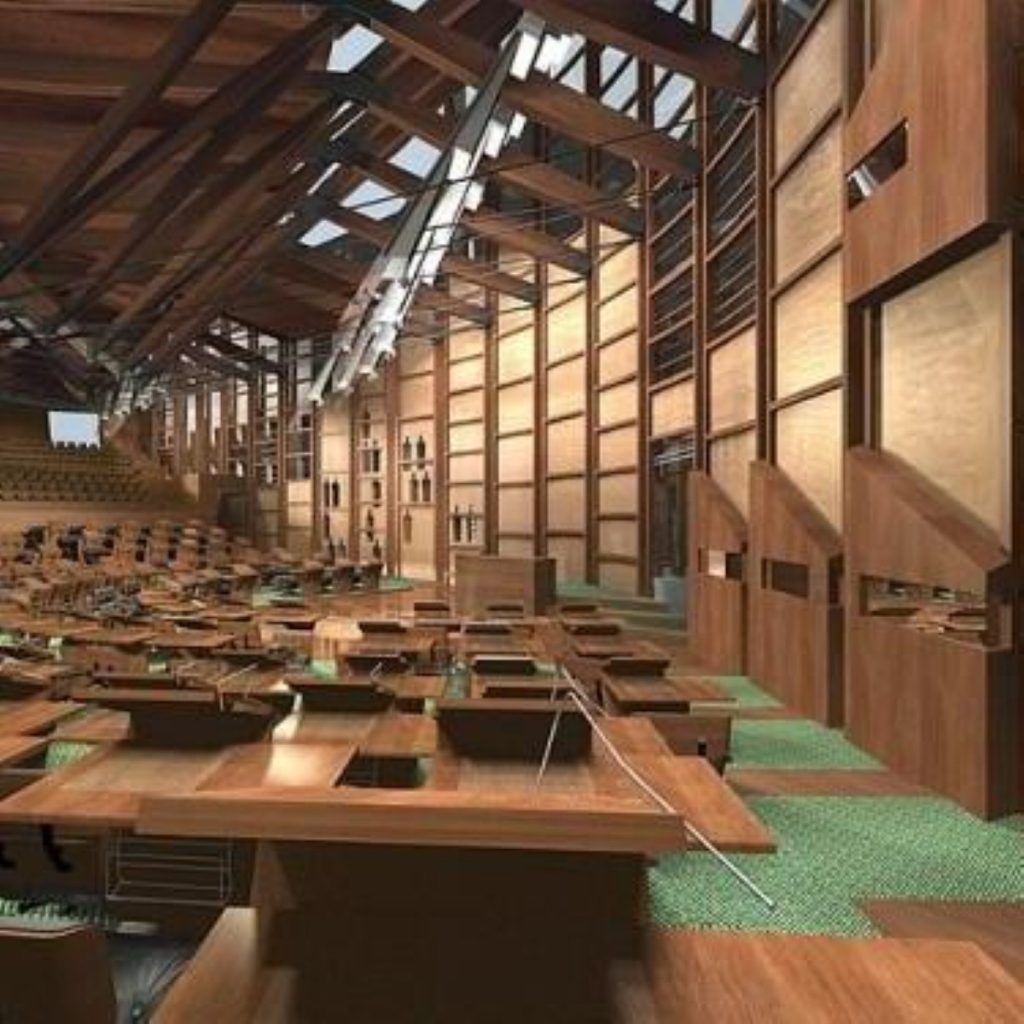Democracy disrupted by civil servants’ strike
The Scottish parliament and Welsh Assembly have been disrupted by the second day of the Public and Commercial Services (PCS) union’s strike.
Both Holyrood and Cardiff have seen sessions called off as civil servants continue their 48-hour strike.
The PCS union claimed “massive” disruption had taken place on the first day, with the cancellation of crown and county court sittings, short staffing at JobCentres and the cancellation of driving tests reported across the country.


This lunchtime a march took place in central London before a rally took place at Westminster Cathedral Hall.
PCS general secretary Mark Serwotka told the audience that sources within the Cabinet Office were privately acknowledging that more were on strike today than were yesterday.
Mark Serwotka explains why the strike is so important after the rally:
The strike is over proposed changes to the civil service compensation scheme, which campaigners claim will result in staff losing up to a third of their entitlements.
Cabinet Office minister Tessa Jowell has responded by pointing out that five out of six unions have accepted the proposed changes, in which 46% of those earning £20,000 or under will continue to receive the maximum £60,000 payoff.
“The government needs to stop burying its head in the sand and wake up to the scale of anger that has been generated by their plans to cut jobs on the cheap,” PCS general secretary Mark Serwotka said.
“Loyal civil servants face losing tens of thousands of pounds if they are forced out of their jobs. The government is tearing up their contracts in front of their eyes, yet claims it can do nothing about bankers’ bonuses because of contractual obligations.”
Ms Jowell claimed that the strike was not well-supported, but the PCS said over 200,000 staff had participated yesterday.









